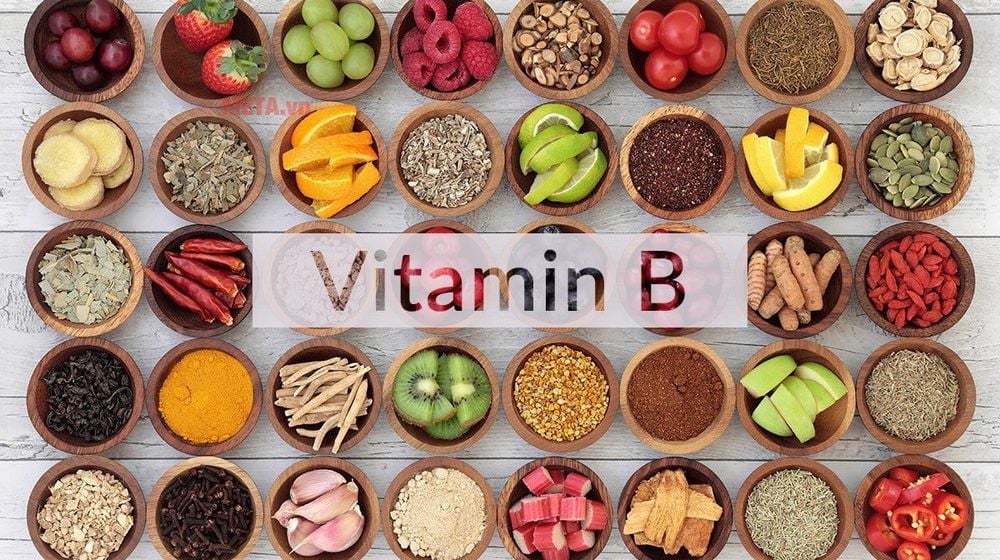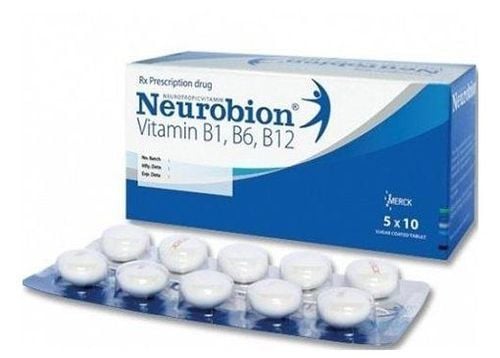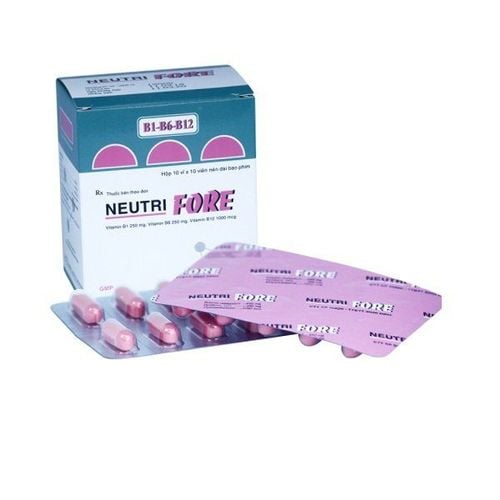This is an automatically translated article.
Anorexia children cause many serious consequences, affecting physical and intellectual development such as malnutrition, poor resistance... However, in addition to changing the appropriate nutrition, parents Lysine can be added to anorexia children to help them eat well and absorb well.1. Supplementing lysine for anorexic children
1.1. What is Lysine? Lysine is an amino acid (a building block of proteins). Unlike some other amino acids, the human body cannot make lysine, so it must be included in the diet. Good sources of lysine include meat, fish, dairy, eggs, and some plants like soybeans.All children need the essential amino acid lysine, for proper body development. The body cannot make essential amino acids on its own. Meanwhile, adults and children often get these amino acids from meals through nutrient-rich foods. Most children get enough lysine from food, but some children, such as those on a vegan diet who don't eat beans or those with anorexia, may need a lysine supplement. However, it is necessary to consult a doctor to properly give lysine supplements to children, only a doctor can decide if supplements are safe for children.
1.2. The benefits of supplementing lysine for children with anorexia In addition to helping children grow well, lysine also helps create carnitine, which is a valuable nutrient that converts fatty acids into energy and helps children eat well. accumulation of fats such as cholesterol.
Lysine helps with collagen production and can also help the body absorb calcium, which children need for strong bones and teeth and a poor appetite. If your child is not getting enough lysine from his or her diet, he may experience fatigue, nausea, dizziness, loss of appetite, agitation...
1.3. Supplementing lysine for children properly Supplementing from food The best way to supplement lysine for children with anorexia is through food, especially protein sources. While you can find lysine in a number of foods, the best sources of protein include red meat, pork and poultry, cod, sardines, nuts, eggs, tofu, and soybean meal. defatted, spirulina and fenugreek seeds. Your child can also get lysine from beans, other legumes, dairy products, and brewer's yeast.
Lysine supplements come in tablets, capsules and creams. In liquid form, manufacturers often sell lysine as L-lysine. Children 2 to 12 years of age can take 23 mg per kg body weight per day. More simply, children can take 10 mg per pound of body weight per day. Multiply 10mg by your child's weight in pounds to get the correct dose.
Children under 2 years of age should not take lysine without a doctor's supervision. Children 13 years of age and older can receive the adult recommended dose of 12 mg per kg body weight per day.

Không nên tự ý bổ sung lysine cho trẻ biếng ăn dưới 2 tuổi
2. Supplementing with B vitamins for children with anorexia
B vitamins are a group of nutrients that work together to help the body convert proteins, carbohydrates, and fats into energy. Babies need B vitamins to properly metabolize milk or formula. While a dietitian doesn't establish a recommended daily intake for babies, it does provide an adequate intake that can help you determine how much vitamin your baby needs to get each day.2.1. Thiamin and Niacin Thiamine is abundant in whole grain foods, but in countries where refined flour is common, many people don't get enough of them. Breastfeeding mothers who don't supplement their diets may not be passing on enough of this nutrient to their babies, who need 2 milligrams per day for the first 6 months of life and 3 milligrams per day from 6 to 12 months of age. They also need 2 mg of niacin per day for the first 6 months, then 4 mg per day until they are 1 year old. Niacin is a B vitamin that is beneficial for digestion, skin and nerve function.
2.2. Folate Pregnant women who do not get enough folic acid or folate have an increased risk of having a baby with a neural tube defect. This nutrient is included in prenatal vitamins and babies are usually born in abundant supplies so it is very rare to have a deficiency. They need 65 micrograms of folic acid daily until they are 6 months old; after that, they need 80 micrograms per day until 12 months. Folate is important for DNA development and affects the baby's cell growth and tissue formation.
2.3. Pantothenic Acid and Biotin In addition, babies need 1.7 milligrams of pantothenic acid and 5 micrograms of biotin every day until they're 6 months old. Between 6 and 12 months of age, they need 1.8 milligrams of pantothenic acid daily and 6 micrograms of biotin. These little-known B-complex vitamins help babies' bodies metabolize the macronutrients - proteins, carbohydrates and fats - from their milk or formula. Pantothenic acid also aids in hormone and cholesterol production.
A potentially life-threatening overdose is unlikely, but your child may experience unwanted side effects. Call your doctor at once if your child has signs of a serious allergic reaction, including difficulty breathing, hives, or swelling of the lips, tongue, or face. Before giving your child a lysine supplement, consult your child's pediatrician.

Bên cạnh việc bổ sung lysine cho trẻ biếng ăn, vitamin nhóm B cũng là loại vi chất thiết yếu được chỉ định.
The improvement of symptoms can take place for a long time, so it is recommended that parents be calm and persistent when supplementing with nutrients for children, even through eating or functional foods. In particular, the use of functional foods should choose those of natural origin that are easily absorbed, do not allow simultaneous use of many types or continuously change the types of functional foods.
For more nutritional knowledge and child care for each age, parents should regularly visit the website vimec.com and make an appointment with the leading doctors, pediatric and nutrition experts of the National General Hospital. Vinmec when needing advice on children's health.













